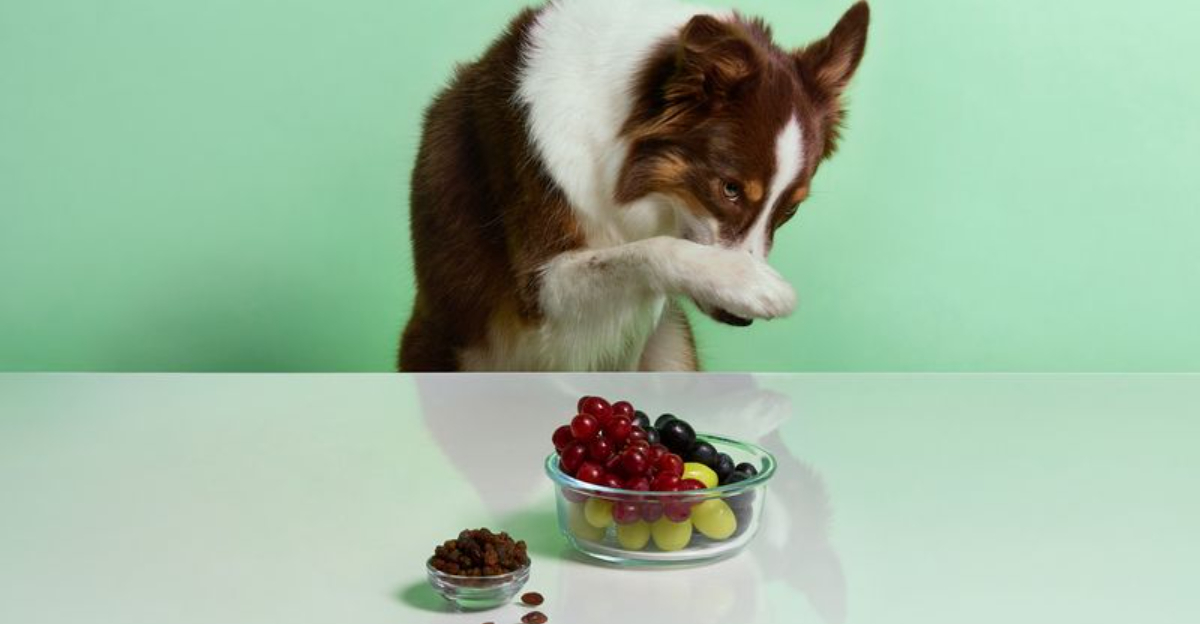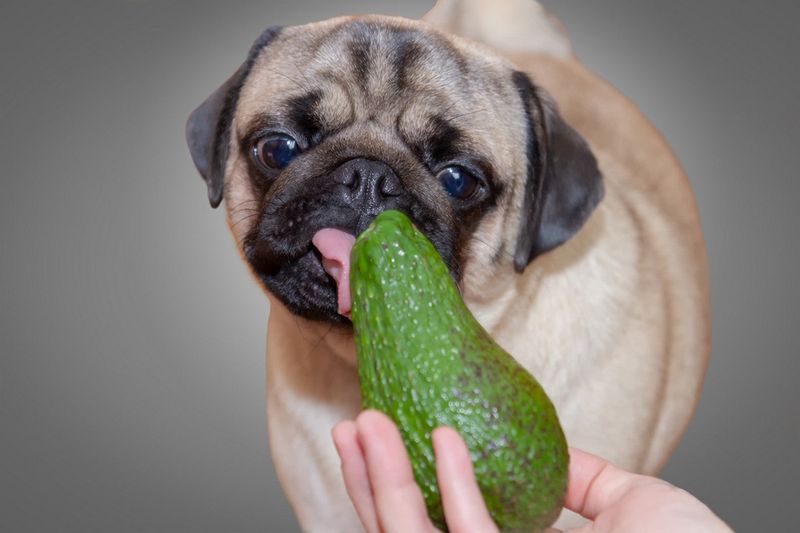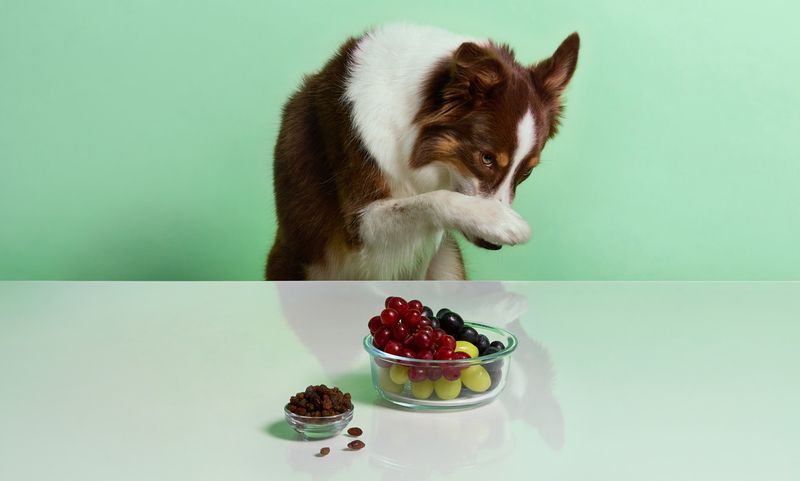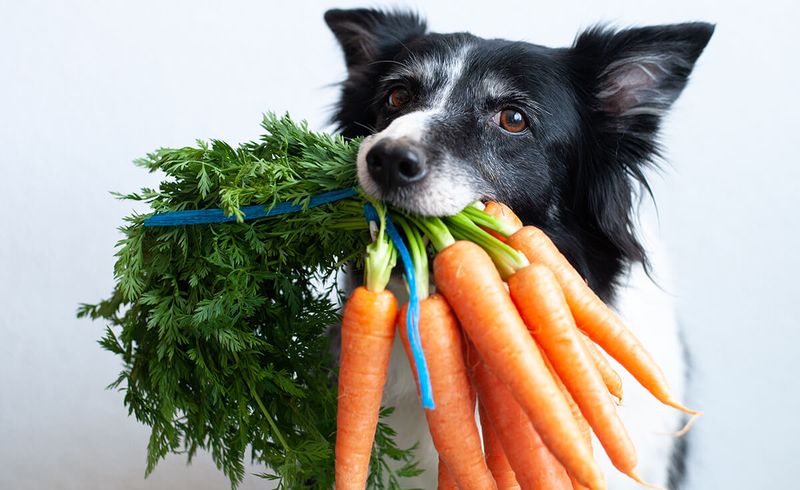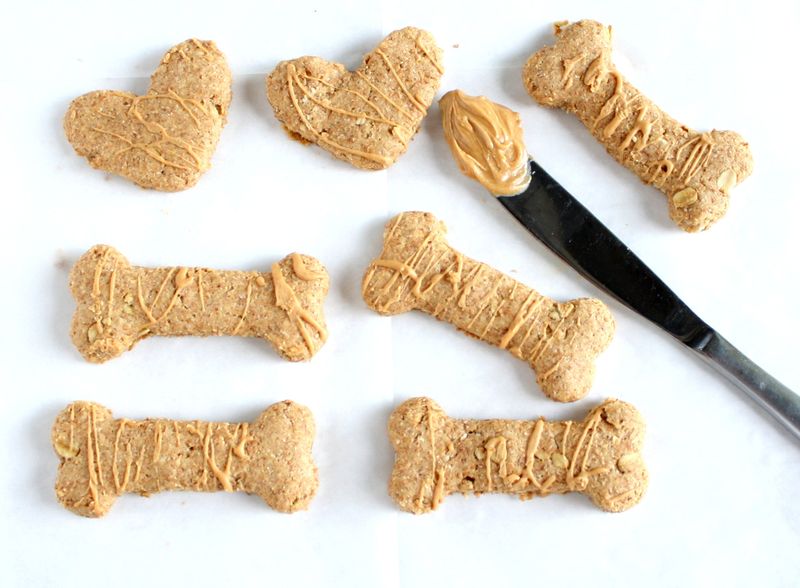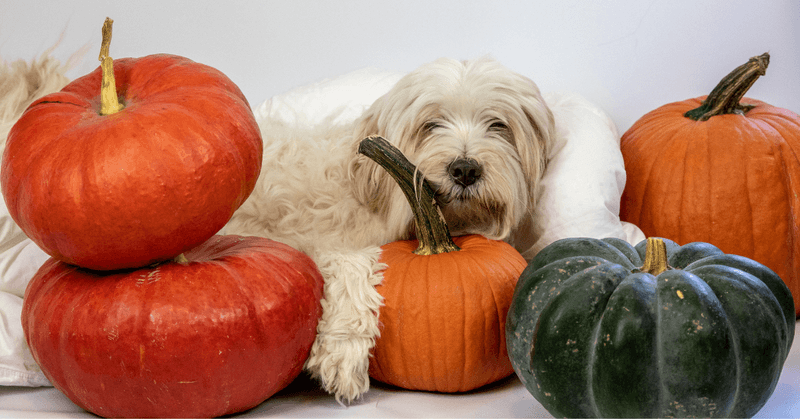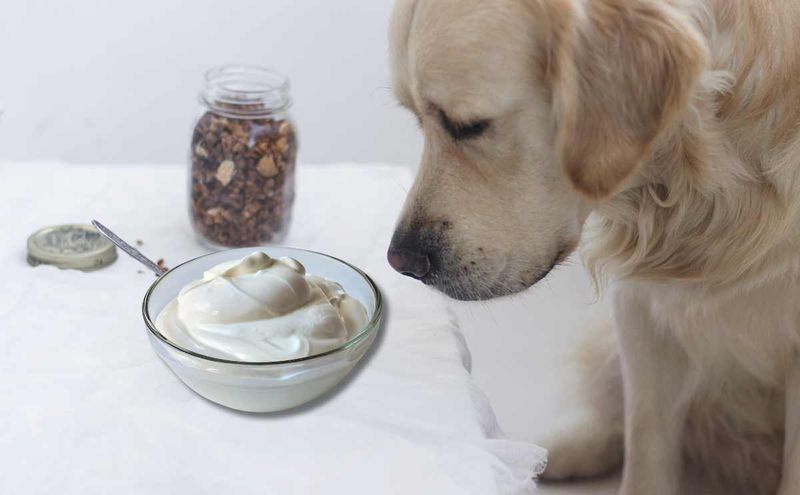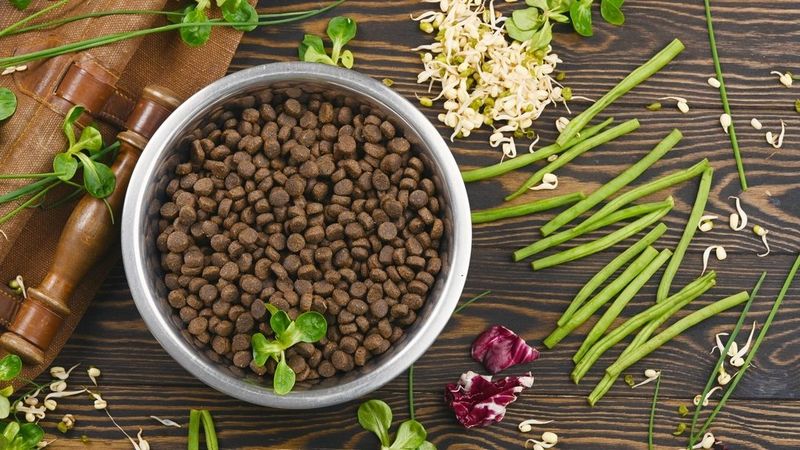Dogs are beloved members of many families, and ensuring they eat the right foods is crucial for their health. While some human foods are safe for dogs, others can be harmful. This post explores seven contentious human foods and ten universally approved options for your furry friend.
Chocolate
The rich, tantalizing aroma of chocolate is hard for anyone, including dogs, to resist. Yet, chocolate is a well-known toxin for dogs. It contains theobromine, which dogs cannot metabolize efficiently, leading to serious health issues. Dark chocolate poses the greatest threat due to its higher theobromine content. This sweet treat should always remain a human-only indulgence.
Onions and Garlic
Onions and garlic, common kitchen staples, are surprisingly harmful to dogs. These ingredients can cause gastrointestinal irritation and damage red blood cells, potentially leading to anemia. Whether raw, cooked, or in powder form, they pose a significant risk. Owners should be vigilant about keeping these ingredients away from their pets’ curious noses.
Avocado
Avocados are a trendy health food among humans, but for dogs, they are a potential hazard. The fruit contains persin, a fungicidal toxin that can lead to vomiting and diarrhea in dogs. Although the flesh contains low levels of persin, the pit and skin are highly concentrated. To avoid any health scares, keep avocados out of your dog’s reach.
Alcohol
Alcohol and its effects are well-known to humans, but even a small amount can be dangerous for dogs. Dogs are much more sensitive to alcohol than humans, and ingestion can lead to severe health problems such as vomiting, diarrhea, and central nervous system depression. It’s crucial for pet owners to ensure that alcoholic beverages are never within a dog’s reach.
Macadamia Nuts
Macadamia nuts may seem harmless, but they can be quite harmful to dogs. The exact toxin in macadamia nuts is unknown, but ingestion can lead to weakness, vomiting, and hyperthermia. Dogs might be tempted by their rich flavor, so it’s important to store these nuts safely away. If your dog consumes any, seek veterinary help immediately.
Grapes and Raisins
Despite their small size, grapes and raisins can have a big impact on your dog’s health. These fruits contain compounds that are toxic to dogs, potentially causing kidney failure. Dogs are often tempted by their sweet aroma, making it essential for owners to keep them out of reach. But what makes them so dangerous? Scientists are still investigating the exact cause, but the effects are undeniable.
Coffee and Caffeine
Coffee, tea, and other caffeinated drinks might be a morning staple for humans, but they are a severe risk for dogs. Caffeine affects a dog’s heart, leading to rapid heartbeats and potential cardiac arrest. It’s vital to ensure these beverages are not accessible to dogs, as even small amounts can be dangerous. Keep your furry friend safe by keeping caffeine away.
Carrots
Carrots bring a satisfying crunch that dogs love. Not only are they a tasty treat, but they’re also low in calories and high in fiber and vitamins. These orange wonders can improve your dog’s dental health by reducing plaque buildup. Offering them raw or cooked makes for a versatile snack. Carrots, with their vibrant color and rich nutrients, are a win-win for dogs.
Peanut Butter
Peanut butter is a dog favorite, bringing joy with every lick. It’s packed with healthy fats and protein, making it an excellent treat when served in moderation. Ensure the peanut butter is free from xylitol, a sugar substitute harmful to dogs. Whether spread inside a toy or given directly, peanut butter is a delightful snack that keeps tails wagging.
Pumpkin
Pumpkin isn’t just for Halloween; it’s a beneficial food for dogs too. High in fiber and low in calories, it supports digestion and can help with both diarrhea and constipation. Whether served as puree or in small chunks, pumpkin provides essential vitamins and a delicious taste. This orange gourd is more than just decoration; it’s a powerhouse of nutrients for dogs.
Salmon
Salmon offers a dose of omega-3 fatty acids, supporting a dog’s coat and immune system. Cooked salmon is a healthy option, avoiding raw fish to prevent harmful parasites. Dogs benefit from its rich flavor and nutritional value, making it a favored choice among many pet owners. Salmon is more than a tasty fish; it’s a commitment to your dog’s health.
Blueberries
Blueberries, small and bursting with flavor, are a superfood for dogs. Their antioxidants combat free radicals, supporting a dog’s overall health. Low in calories and high in vitamins, they make for an excellent training treat. Dogs adore the sweet taste, making blueberries a favorite among health-conscious pet owners. These tiny berries pack a healthful punch in every bite.
Sweet Potatoes
Sweet potatoes provide a nutritious, flavorful addition to a dog’s diet. Rich in vitamins A, B6, and C, they support vision and immune function. Their natural sweetness and fiber content make them a delightful and healthy treat. Dogs enjoy them baked or steamed, relishing their soft texture and taste. Sweet potatoes are more than a comfort food; they’re a nourishing treat.
Yogurt
Yogurt, a probiotic-rich treat, supports a dog’s digestive health. Opt for plain varieties without added sugars or artificial sweeteners. Lactose-intolerant dogs may need to avoid it, but for others, it’s a creamy delight. Packed with calcium and protein, it can be an occasional treat or part of a balanced diet. Yogurt not only satisfies but also contributes to well-being.
Apples
Apples offer a crisp, sweet treat that dogs enjoy. High in fiber and vitamin C, they support digestive health and immune function. Remove the seeds and core, as they can be harmful. Dogs relish the crunch, making apples a popular choice among pet owners. Whether as slices or pureed, apples provide a refreshing and beneficial snack for your furry friend.
Eggs
Eggs are a powerhouse of nutrients, packed with protein and essential vitamins. Cooked eggs are a safe and healthy option for dogs, supporting muscle and tissue repair. Dogs find them delicious whether scrambled, boiled, or poached. Eggs offer a balanced blend of nutrients, making them a valued addition to a dog’s diet. Their versatility and nutritional benefits are unbeatable.
Green Beans
Green beans, crunchy and satisfying, are loved by dogs. Low in calories and high in fiber, they support a healthy diet. Dogs enjoy them fresh, steamed, or frozen, making them a versatile snack. Their natural texture and flavor provide a delightful chewing experience. Green beans contribute to overall wellness, offering a tasty way to enhance a dog’s meal plan.
